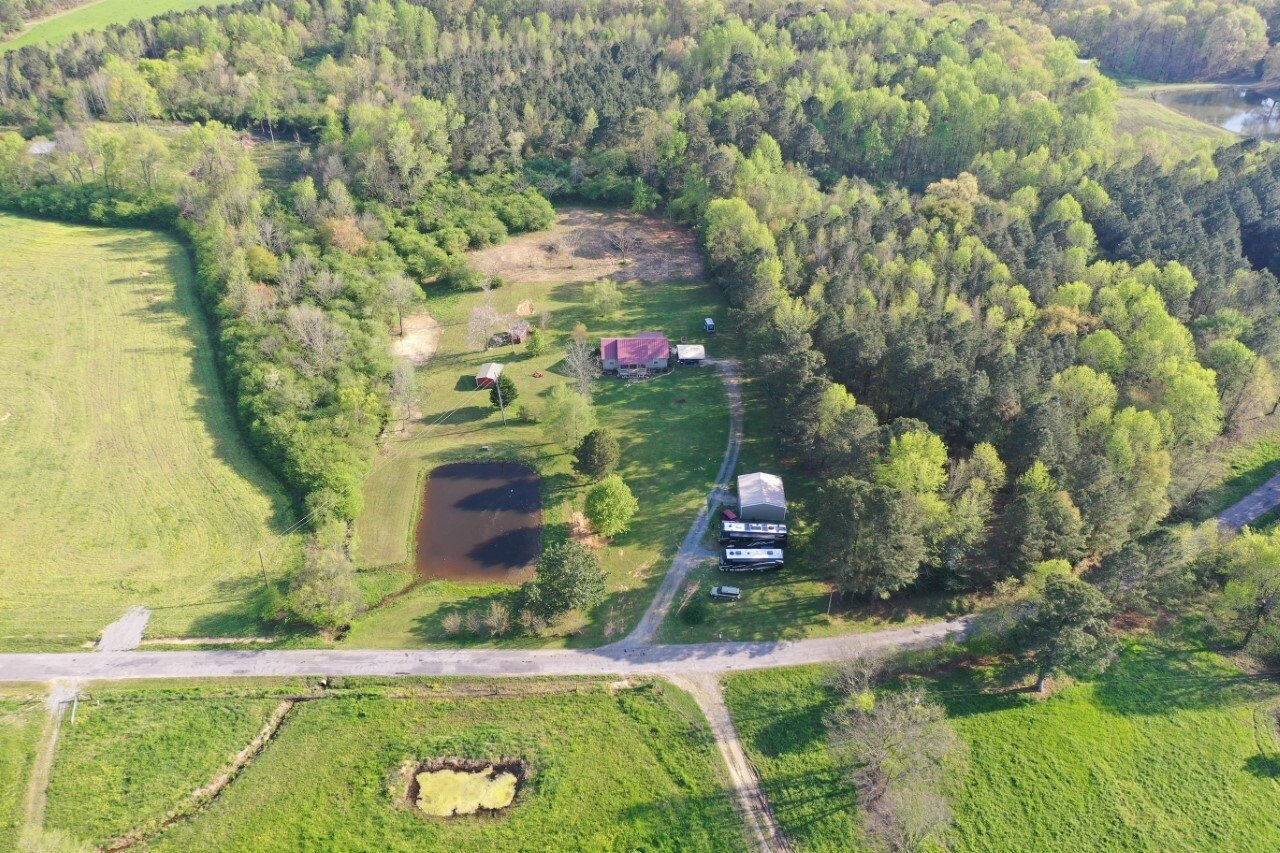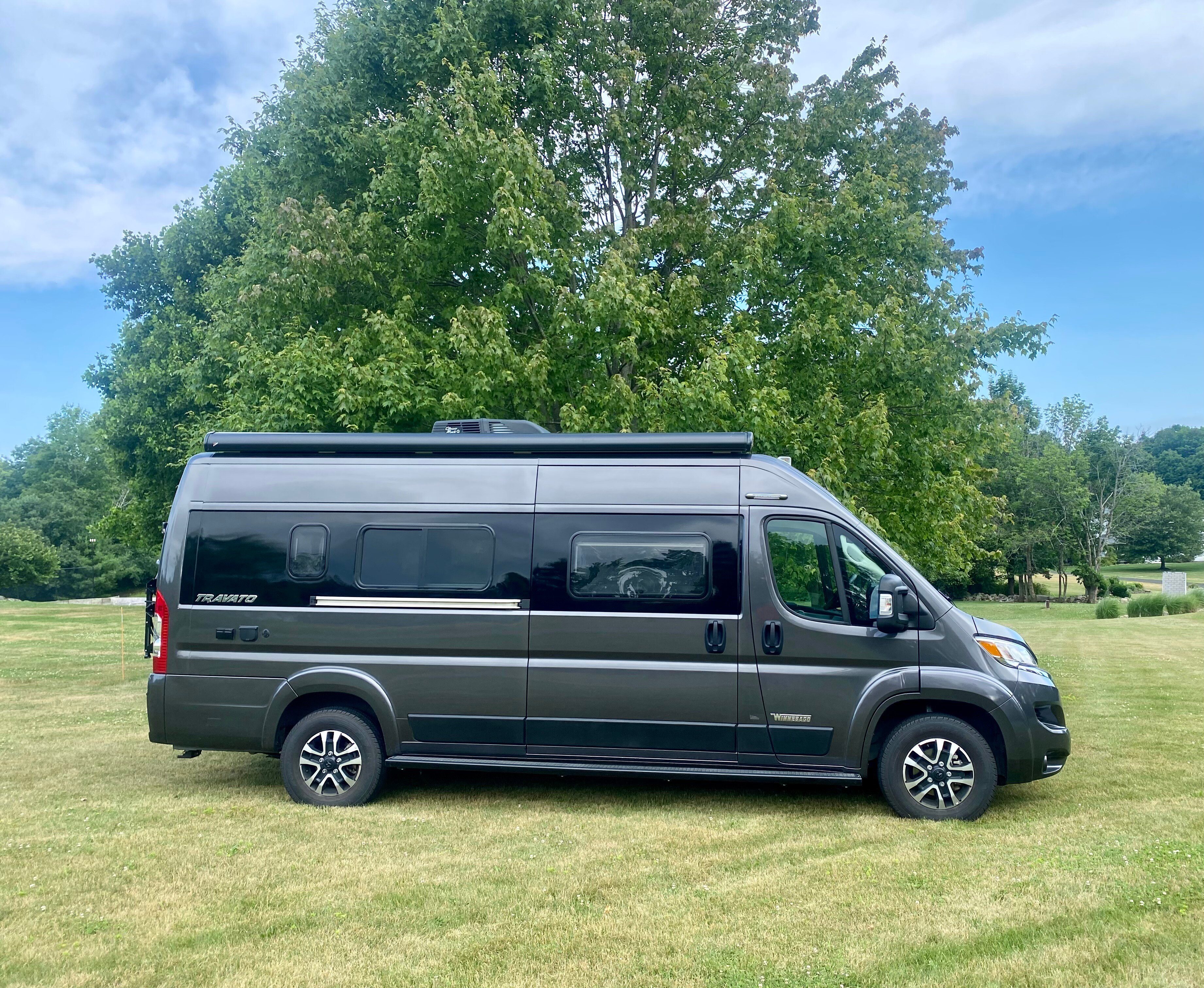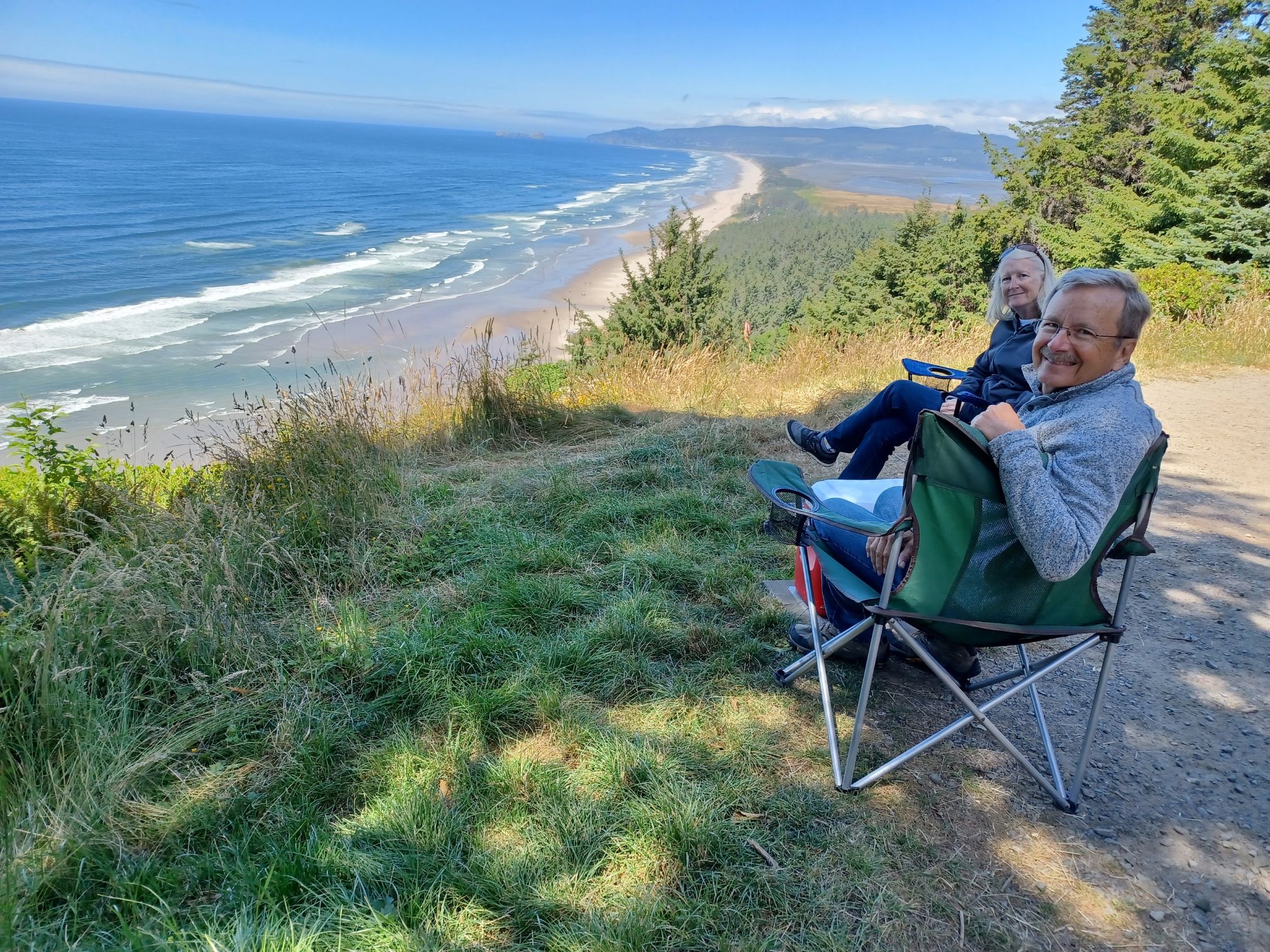Using Host Hookups – Essential Equipment for Guests
Having hosted nearly 50 Boondockers Welcome guests of all stripes and types between March and July, with the vast majority occurring during May, June, and July, something stands out to me as an experienced RVer who enjoys real boondocking (dry camping, sans hookups). The average member doesn’t seem to be prepared to take advantage of what many hosts have to offer in the way of electric and water support. We are not commercial campgrounds and, for the most part, do not have conveniently placed pedestals containing the electrical and/or water service right beside your RV. You are going to have to have the necessary auxiliary support equipment to be able to access these services. The cost of this support equipment should be easily offset by the fact that you are staying at free hosted locations.
ELECTRICAL
110 VAC EXTENSION CORDS
At the very least, a member should carry a 100’ / #10 AWG / 20A heavy-duty extension cord on a reel (to avoid a rat’s nest) to be able to reach a host’s exterior house service receptacle. These receptacles are typically protected with a 20A circuit breaker which will result in something less reaching the RV due to electrical line loss. Secondarily, I would suggest a 50’ / #12 AWG / HD extension cord for use when the large, long one is not needed, to avoid the line loss. Remember that the line loss is based on the length of the cord through which the electricity must flow for a given AWG size, not the distance between the RV and the house receptacle!
AWG stands for American Wire Gauge in inversely, even-numbered increments. Examples of AWG sizes of wire: #16 / #14 / #12 / #10. As the AWG number gets smaller, the size of the wire gets larger and it is able to carry more power without significant loss. The only exterior extension cords of any length worth having are the #10 & #12 which can carry more power with minimal line loss. The larger the diameter (the smaller the AWG number) the less resistance to electrical flow and the less heat generated.
30A & 50A EXTENSION CABLES
Since most RV’s have either 30A or 50A service to them, depending upon their size and equipment, they have correspondingly heavier cabling and different plug configurations (male and female) to support the larger amounts of power that may flow through them. The power is still 110 VAC, like the extension cord, just a lot more of it is able to flow through the much larger diameter cable. Since the average installed power cable on an RV is between 25’ to 40’ in length, another 30’ – 50’ cable extension of the appropriate size should be carried if one wants reliable access to a host’s 30A or 50A service location. Remember that a chain is only as strong as its weakest link! Conversely, an electrical system “chain” is only as powerful as its smallest component that limits safe power flow.
ADAPTERS
Since 15-20A / 30A / 50A connectors are all different, adapters are necessary to be able to connect one style of power cord/cable to another, bearing in mind that the smallest AWG cable/cord/line is the limiting factor as to the amount of power that can flow through any given system. At the very least, a guest should carry 15-20A (male – 3 prong) to 30A or 50A (female) adapter, which will match to the RV’s installed power cable’s male end. This enables you to extend your RV’s installed power cable by the length of the extension cord that you are carrying, bearing in mind that the extension cord is the weakest length in the chain, the limiting factor in your power system. You should also carry the appropriate adapters to enable you to interface between 30A and 50A systems since all of these powers are identical, the only difference being the amount of power that can be safely carried by the various sizes. Bear in mind that there are some different styles of connectors for the same category of cable, but these are usually connectors that lock together with circular locking collars vs those without the locking feature.
WATER
Most RVers carry specially crafted water handling hoses for filling their freshwater tanks or for connecting to pressure water service. I would suggest a 50’ and a 25’ white RV water hose sections contained on a reel for handling. This would enable you to handle 25’ / 50’ / 75’ distances from your location to the water access point. An activated charcoal filter should be placed in line for either a freshwater fill or for pressure water service. Additionally, a pressure regulator should be included if connected to pressure water to preclude a pressure spike from damaging your RV’s internal water system, much of which is not readily accessible for repair (behind walls or under the floor).
Thank you GTS1544 for a great article! Please feel free to let us know in the comments section if you have any other tips to maximize your stay with a host.
Learn More About Boondockers Welcome
We promise not to spam you!








I am so glad for the electrical need to know. After having to pay over $1000 to replace my box and wireing to hookups, because some RVer hooked up 50 amps to my 30amp system and burned the box and wire. He bypassed the braker in the box and tried to hookup two 30map systems to his RV and caused a fire in the main electric box. Please learn from this. thank you. Big Mikes ,Homerville, Ga.
Hi everyone,
Camping sites are fantastic for a relaxing getaway, offering a great balance of nature and convenience. One thing that can really enhance the experience for your guests is having reliable electricity. It’s super helpful for lighting, cooking, and charging devices, making their stay much more comfortable.
About electricity for business https://wakelet.com/wake/z_x5yI9KO78jN3UiWM8oJ
For business owners, investing in electricity at your camping sites can attract more visitors and improve overall satisfaction. Think about using energy-efficient options or even renewable sources like solar power to keep costs down and be more eco-friendly. If you’re interested in learning more about managing electricity for your camping business, you can check out more info here.
Happy camping!
Do most hosts offer an electrical hook up?